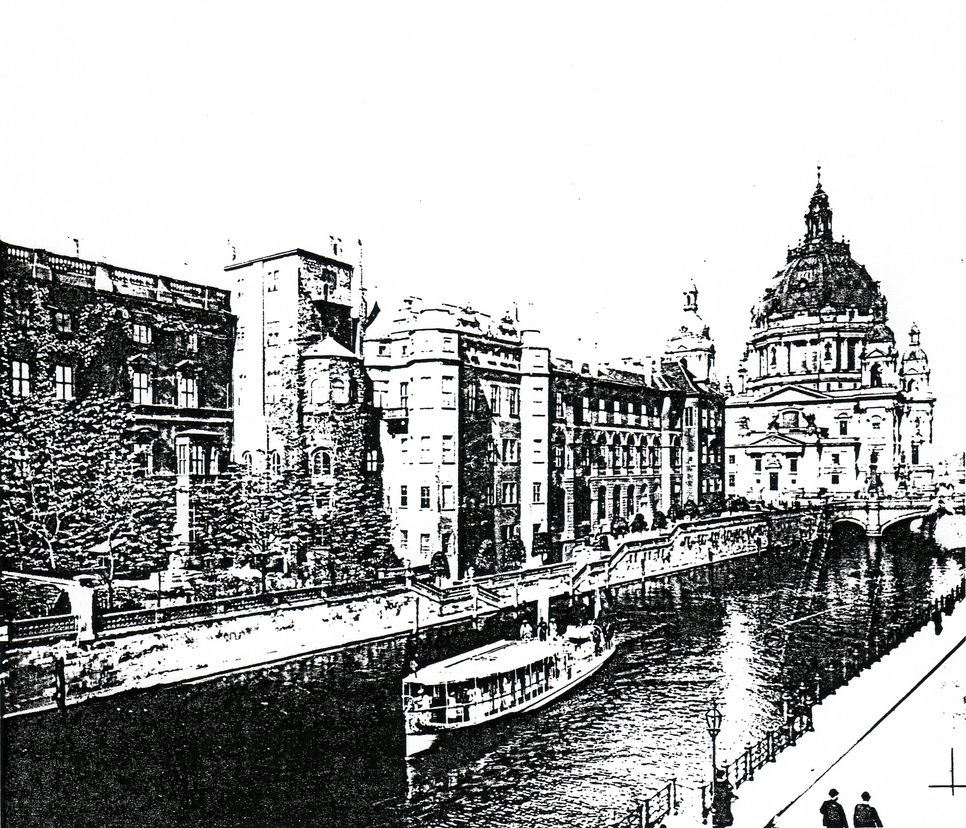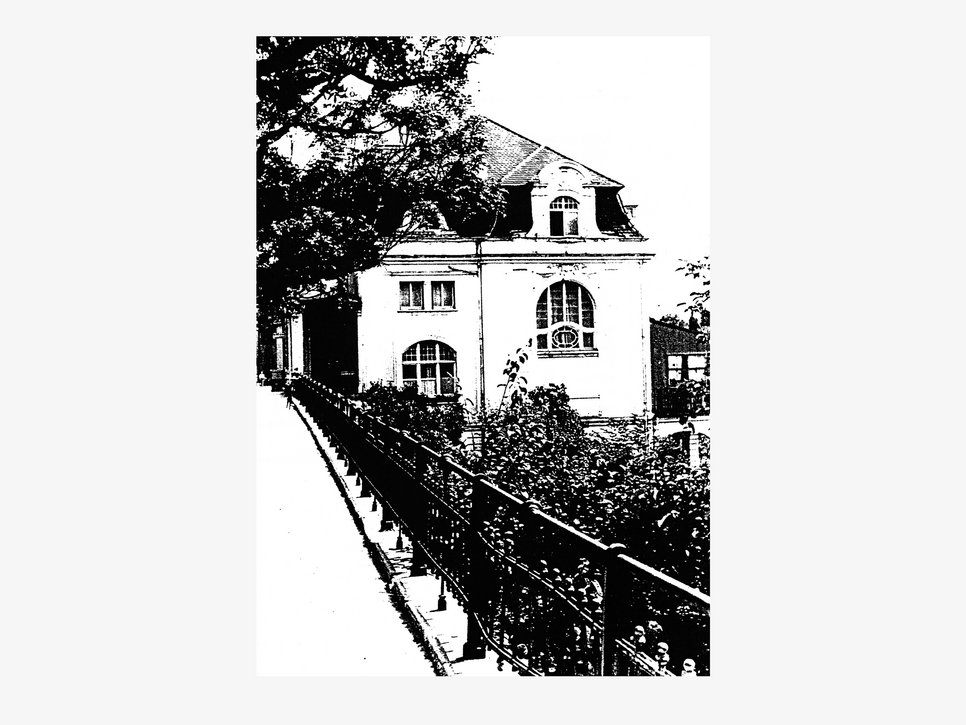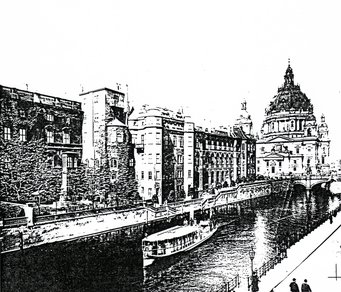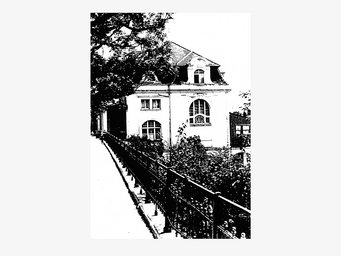
Academic History

The Institute was founded in Berlin in 1926 under the aegis of the Kaiser Wilhelm Society for the Advancement of Science, into whose exclusive sponsorship it passed in 1938. Its primary goals were initially to facilitate the administration of the First World War’s private law consequences, to support international commerce with information on foreign law and to foster an academic dialogue across German borders.
Ernst Rabel (1874 - 1955), the ground-breaking comparative law scholar, became the first Institute director. Under his leadership the Institute quickly garnered considerable influence, ia as a result of its expert opinions for judges, businesses, associations and state organisations as well as of the counsel provided to lawmakers. Many Institute fellows later held teaching appointments in- and outside of Germany, among them Ernst von Caemmerer, Konrad Duden and Max Rheinstein.
The reign of National Socialism left painful marks in the history of the Institute. As a result of the Nuremburg Racial legislation, several members were forced to leave the Institute after 1933; in other instances, as in the case of Max Rheinstein, they simply did not return to the Institute from a trip abroad. In 1937 Ernst Rabel was forced to resign his position as the director of the Institute, and in 1939 he emigrated to the United States. Under the leadership of his successor Ernst Heymann, director from 1937 to 1946, the Institute escaped further direct political interference. Beyond general legal research, its activities included the preparation of reports on foreign legal systems and the drafting of expert opinions. During this phase, the Institute also reported on the law in countries occupied by Germany during the Second World War and authored expert reports on behalf of the government and party authorities.

As a result of the Institute's 1944 relocation from Berlin to Tübingen, the extensive library was saved from the effects of the war. In 1956 the Institute – which had become a part of the Max Planck Society in 1949 – relocated to Hamburg. Hans Dölle (director from 1946 to 1963) led the Institute in the first decades of the post-war years and was followed by Konrad Zweigert (director from 1963 to 1979). It was in this period that the Institute created its national and international research structures in the field of comparative law.
With the departure of Konrad Zweigert, the Institute’s leadership took the form of a governing council. Under Ulrich Drobnig, (1979-1997), Hein Kötz (1979-2000) and Ernst-Joachim Mestmäcker (1979-1994), foreign and international economic law became an additional focal point of the Institute's research. New accents in the areas of commercial law, company law, banking law and capital market law were later set by Klaus J. Hopt (1995-2008). Through the research and diverse projects he undertook, Jürgen Basedow (until 2017) made the Institute a global centre for private international law. With the historical-comparative approach he adopted, Reinhard Zimmermann (until 2022) significantly contributed to the Europeanization of the study of law. Currently, Holger Fleischer (since 2009), Ralf Michaels (since 2019), and Anne Röthel (since 2024) form the Institute’s directorate.

